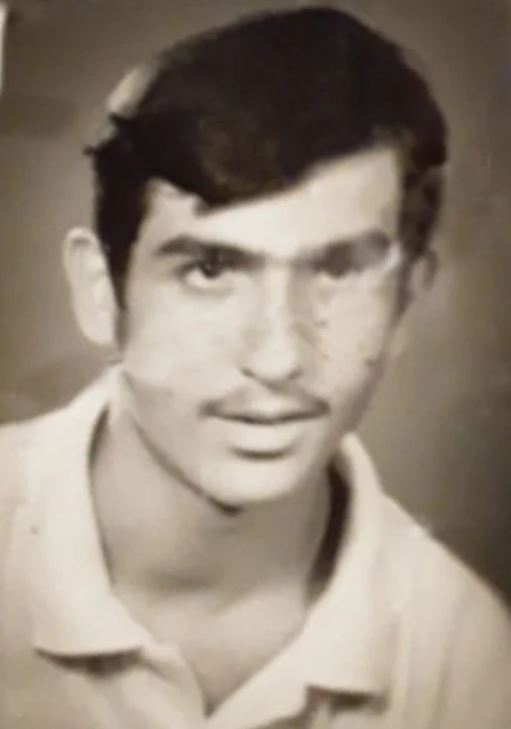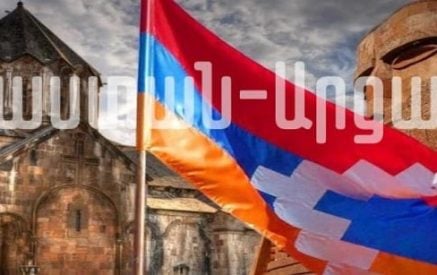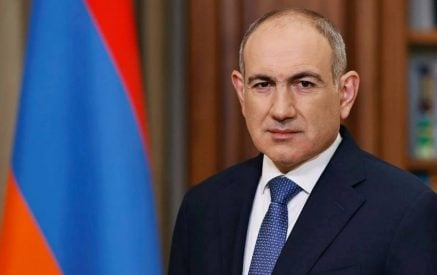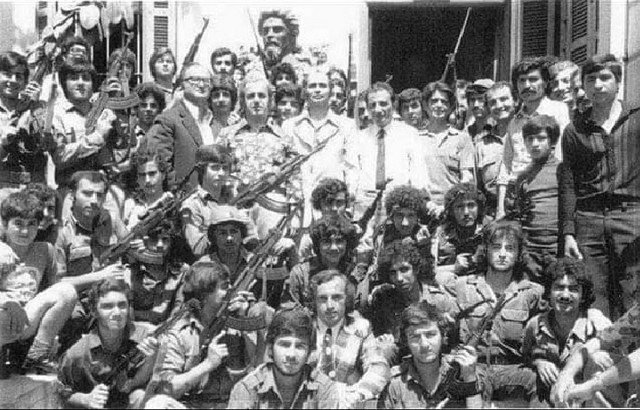Aravot presents the memories of Lebanese-Armenian blogger Bedros Manoukian regarding the 15-year war in Lebanon, its aftermath, and the attitudes of Armenian families.
Embrace your losses. Love them and nurture them.
Losses are natural; they are a part of life and struggle. No one can avoid loss; it is a part of life. What is important is that it does not produce depression, but a sensation of revenge, revenge not necessarily against the opponent, but rather against the concept of loss.
The way the story is told, the Lebanese War is labeled as a civil war. I am one of those who consider this definition untrue, incorrect, and incomplete. It is true that every republic has its disputes, and some always sense that things are not fair for them, but this does not necessarily lead to a bloody conflict.
Read also
In Lebanon’s case, the way that it took place, the Muslims were dissatisfied. According to the constitution and the system, the president, who is the commander-in-chief of the Armed Forces, as well as the commander of the Army, must always be Christian Maronite. The prime minister must be a Sunni Muslim, and the president of the parliament a Shiite Muslim.
It is also probably true that at that time, Muslims were relatively poorer. Muslims chose the left, while Christians chose the right, and they advocated for Lebanese nationalism. Muslims saw this as a Christian orientation to keep Lebanon isolated from its Arab surroundings.
When what was known as the “Palestinian resistance” entered Lebanon, Christians felt worried. They were worried because the Palestinians always engaged in military confrontations with Israel, and Lebanon always paid the price for the Palestinian military operations. So started the debate. Muslims took a stance in favor of Palestinian Fedayi operations against Israel, and the Christians stood in solidarity with the Palestinian cause, but demanded an end to these operations.
So here started the debate and the conflict. The Muslim left saw the Palestinian military power as an opportunity to shift the balance and demand more rights. Christians refused to yield to an external military influence, and therefore it was an external factor. The dispute soon turned into a military conflict between the Christians on one side, and the Palestinian/Muslim alliance on the other.
Soon, the Syrian Army also entered Lebanon, with a declared mission to end the military conflict and restore peace and tranquility, but it soon became a far worse element. In 1978, Christians demanded the withdrawal of the Syrian Army from Lebanon, and the army that was supposed to end the violence opened gates of hell. Christian areas were subject to unprecedented intense military violence. In the end the Syrian Army failed to crush the Christian resistance and withdrew from Christian cities.
The war lasted 15 years. The war finally ended in 1990, but at what cost and what consequences is the story of this article.
In the year 1989, after a complete year of fighting between the Lebanese Army legions loyal to the military government headed by General Michel Aoun (currently president of Lebanon) and the Syrian Army, Lebanese deputies went to Taif in Saudi Arabia. They signed the Taif agreement. According to this agreement, the president’s rights were handed over to the government, and there was no clear note about when the Syrian Army would leave Lebanon.
General Aoun refused the agreement. When there was a threat that the Syrian Army would attack Eastern Beirut, another Christian Leader, Samir Gaegae, head of the Lebanese Forces, declared that he would do everything in his power to avoid such an attack, this was all in 1989.
Suddenly, General Aoun’s brigades attacked the Lebanese Forces, and to this day no one can give a reasonable explanation why this took place, but hundreds of theories have been given. In 1990, the Syrian army finally entered the free areas of what is known as Eastern Beirut after bombarding the presidential palace and the ministry of defense with Sukhoi war airplanes. The Lebanese Army surrendered the free Christian territories, territories that were liberated and defended at an equally high price (1978-1990). They fell, they fell to the Syrian occupation, all was lost, all our hopes were shattered. Free Lebanon was no more.
It is true that with this defeat, Christians were defeated, but it is untrue that Muslims won the war, it was Lebanon that was lost, the republic had fallen, the Land of the Cedars, my birthplace, my beloved country, it was raped by the occupier who had dreamed for 15 years to capture it.
Yes, peace was established, a peace that was not that strong. It was breached every 5 to 10 years, but it was a military tranquility. Lebanon lost its sovereignty, independence, it lost its free national decision and harmony between its citizens. On one hand, the Christian side felt deeply defeated and broken, and on the other, the Muslims did not feel victorious. All final decisions were governed by Damascus. Lebanese people were unable to govern even internal issues. After the legislative powers of the Christian president were transmitted to the government whose prime minister is a Sunni Muslim, the rule was not smooth nor effective, it was unclear, it was confusing. The government was practically paralyzed, and every time the rulers had to turn to Damascus for the final decision.
The great era of what was known as “Christian Demoralization” began. One of the Christian leaders, General Aoun, was exiled to France. The other Christian Leader, Samir Gaegae, the leader of the Lebanese Forces, demanded that the Taif agreement, the agreement that ended the war, be implemented more correctly.
Now, after Gaegae made it clear that he would become an opposition, he was accused of placing an explosion inside a church and imprisoned.
Now began the darkest era of Lebanon and its Christians. Syria had placed a total iron grip over Lebanon. Not only did Lebanese Arab Christians feel crushed, but so did thousands of Armenians, including myself, as patriotic Lebanese man, a freedom lover, and a Christian.
The Armenian traditional powers had already adopted a policy that I considered to be a deep shortsighted mistake. In 1992 there was an election, Christian boycotted, a lot of Muslims also boycotted in solidarity with Christians while Armenians had participated in the elections. Armenians lived mostly in Christian areas. I was 19 years at the time and had no right to vote, but I would have not voted anyway.
Read Part two here.

























































